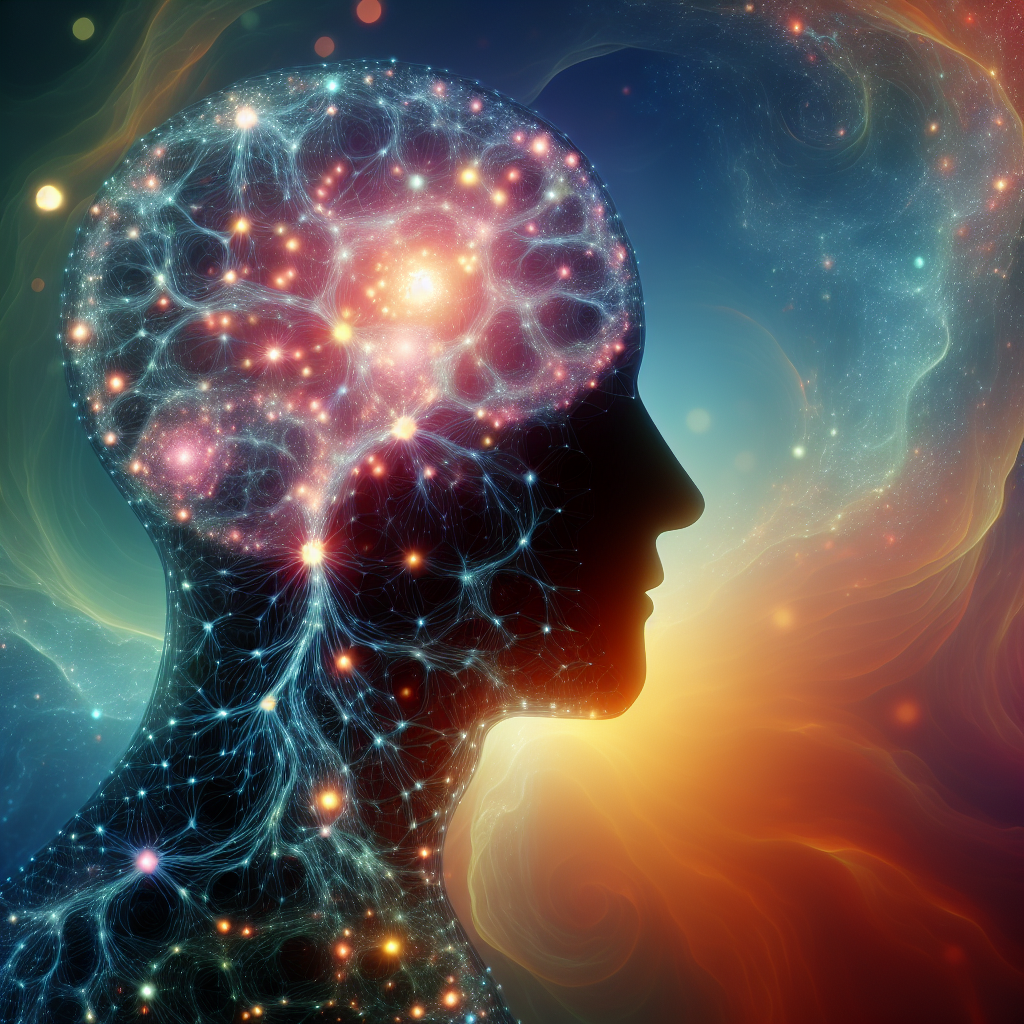Breakthrough Research Reveals Memory Function Beyond the Brain
Scientists at New York University Transform Conventional Views on Memory Formation
For decades, the assumption that memory and learning are solely the domain of the brain has been deeply entrenched in scientific understanding. This perception hinges on our brains’ remarkable capacity to encode and retrieve memories. However, a groundbreaking study from a team of researchers at New York University challenges this traditional view, suggesting that cells outside the brain may also play a significant role in memory function.
In a remarkable twist, the study presents evidence that non-brain cells can learn, recall, and form memories—an intriguing revelation that could mark a paradigm shift in how we comprehend learning processes and the treatment of memory-related disorders.
The Basics of Memory: A Complex Filing System
Memory serves as our internal filing cabinet, where experiences and information are encoded in neural activity patterns. The brain organizes these memories distinctly, where visual information might inhabit one area, while facts and figures take residence in another. Typically, retrieving a memory feels akin to searching for a file on a computer—an action that is not always seamless. External factors such as stress, sleep, and nutrition can all influence this intricate process.
The Role of Non-Brain Cells
Lead researcher Dr. Nikolay V. Kukushkin explains that while learning and memory have long been attributed solely to brain cells, their findings reveal that other cells in the body, such as those from nerve and kidney tissues, are capable of similar processes. This insight was derived from employing a classic neurological principle known as the massed-space effect, which demonstrates that spaced learning enhances retention compared to cramming.
In the experimental setup, non-brain cells were subjected to various chemical pulses that mimic neurotransmitter activity in the brain during learning. Astonishingly, these cells activated a “memory gene”—the very same gene identified in brain cells—demonstrating an ability to recognize patterns of stimuli and adapt accordingly.
Dr. Kukushkin emphasized, “This research shows that the ability to learn from spaced repetition isn’t unique to brain cells, but is likely a core property of all cells.”
Implications and Future Directions
The implications of this study extend far beyond mere academic curiosity. A deeper understanding of memory formation may lead to innovative approaches to enhance learning and develop treatments for conditions such as dementia and memory loss. The research invites us to reconsider how we think about bodily functions and memories, potentially viewing our bodies as interconnected systems that complement brain activity.
This insight does not merely resonate within scientific communities; it also reflects biblical principles about the interconnectedness of our minds and bodies. As it is written in 1 Corinthians 6:19, “Do you not know that your bodies are temples of the Holy Spirit, who is in you, whom you have received from God? You are not your own; you were bought at a price. Therefore honor God with your bodies.”
This scripture reminds us of the value and sanctity of our physical existence and encourages a holistic view of health—one that acknowledges the spiritual significance behind our biological functions.
An Encouraging Takeaway
As we delve into the wonder of our bodies and minds, let us take a moment to reflect on the intricate design of creation and how it exemplifies God’s wisdom. This research opens the door to a broader understanding of how we can care for ourselves, integrating spiritual and physical health in harmony.
May we embrace this opportunity to honor our bodies as we learn, grow, and seek to understand the magnificent ways in which we are created. Engage with this transformative knowledge and allow it to inspire curiosity about not just memory, but how we live our overall lives with intention and purpose.
Explore and dig up answers yourself with our BGodInspired Bible Tools! Be careful – each interaction is like a new treasure hunt… you can get lost for hours 🙂


